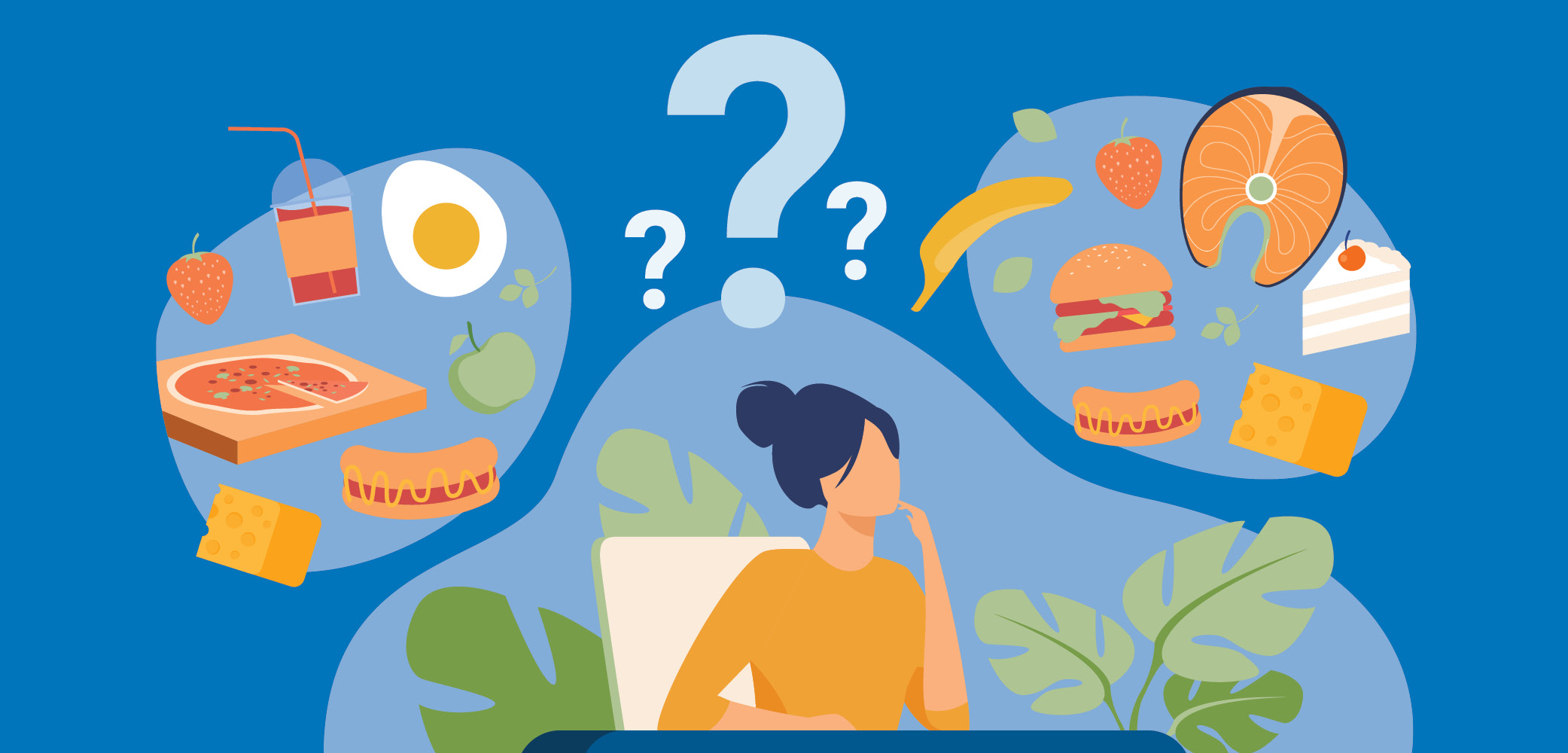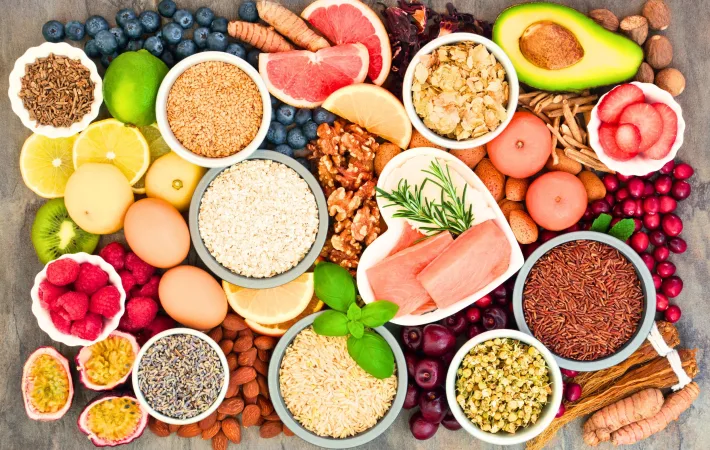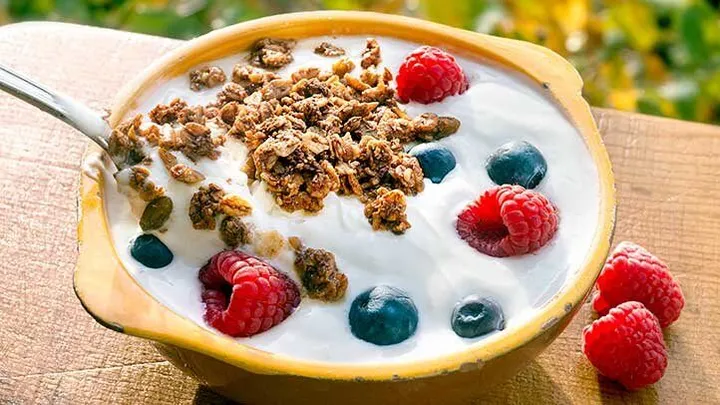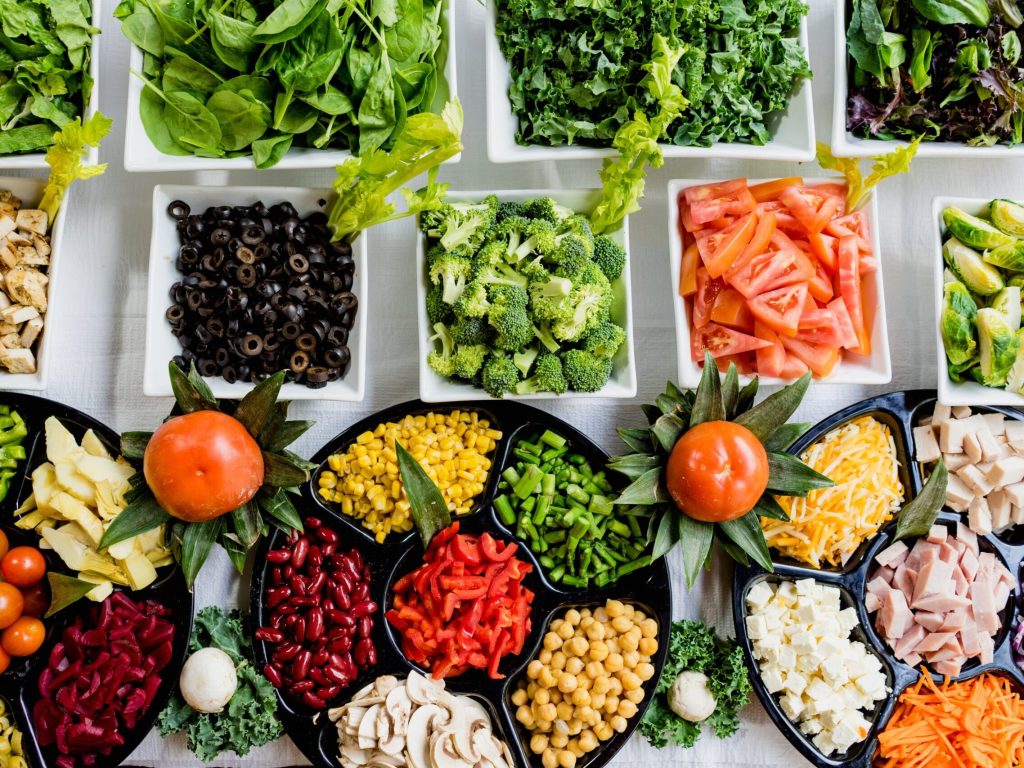Stress is a universal experience, but the way it shows up in our daily lives can feel deeply personal. From work deadlines to family responsibilities, it’s easy to feel overwhelmed. While chronic stress can contribute to serious health issues like heart disease and depression, the good news is that we have powerful tools at our disposal. One of the most accessible? The food on our plate. Research shows that certain foods contain incredible nutrients that can naturally lower stress hormones and significantly improve your mood. From omega-3-rich fish to magnesium-packed greens, let’s explore how you can eat your way to a calmer, more balanced state of mind.
How Food Affects Stress and Anxiety Levels
The connection between what you eat and how you feel isn’t just a saying; it’s complex biology. When you’re stressed, your body goes into “fight or flight” mode, releasing a cascade of hormones, most notably cortisol. While helpful in short bursts, chronically high cortisol levels can lead to inflammation, anxiety, and nutrient depletion.
Your diet plays a direct role in this process. Nutrient-dense foods provide the building blocks for mood-regulating neurotransmitters like serotonin and dopamine. Furthermore, a healthy gut microbiome, nurtured by fiber and fermented foods, is essential for the gut-brain axis—a communication highway that directly influences your mental state. Conversely, a diet high in processed foods can spike blood sugar, increase inflammation, and worsen your body’s stress response.

Key Nutrients That Combat Stress
Certain nutrients are superstars when it comes to managing stress. Understanding their roles can help you make more intentional food choices.
Magnesium and Stress Response
Think of magnesium as nature’s relaxation mineral. It helps regulate the body’s stress-response system and controls the release of cortisol. Unfortunately, stress itself can deplete your body’s magnesium stores, creating a vicious cycle. Low magnesium levels are often linked to increased anxiety, so ensuring an adequate intake is crucial for maintaining a sense of calm.
Omega-3 Fatty Acids for Brain Health
The omega-3 fatty acids EPA and DHA are vital for brain health. They are powerful anti-inflammatories that can help counteract the negative effects of stress hormones. As highlighted by research from the National Institutes of Health, a consistent intake of omega-3s is associated with reduced symptoms of anxiety and depression.
B Vitamins and Mood Regulation
The B-vitamin family—especially B6, B12, and folate—are essential for converting the amino acid tryptophan into serotonin, often called the “feel-good” neurotransmitter. A deficiency in these vitamins can directly impact your mood and ability to cope with stress.
Vitamin C and Cortisol Management
More than just an immune booster, Vitamin C is a powerful antioxidant that helps your body bounce back from stress. Studies have shown that people with higher levels of Vitamin C exhibit a better stress response and lower cortisol levels after a stressful event.
Top Stress-Relieving Foods to Add to Your Diet
Ready to stock your kitchen with stress-fighting ingredients? Here are some of the best foods to incorporate into your meals.

Fatty Fish Rich in Omega-3s
Salmon, mackerel, sardines, and herring are packed with omega-3 fatty acids and Vitamin D, two nutrients shown to help reduce anxiety. Aim for at least two 3.5-ounce (100-gram) servings per week to reap the benefits.
Leafy Green Vegetables
Dark leafy greens like spinach, kale, and Swiss chard are excellent sources of magnesium and folate. Adding a cup of spinach to your smoothie or a side of kale to your dinner is an easy way to boost your intake of these calming nutrients.
Avocados for Healthy Fats
Avocados are a powerhouse of stress-relieving nutrients, including B vitamins, vitamin C, potassium, and magnesium. Their healthy monounsaturated fats also support brain health and help keep you full and satisfied.
Fermented Foods and Gut Health
A happy gut contributes to a happy mind. Foods like kimchi, sauerkraut, yogurt with live cultures, and kombucha are rich in probiotics. These beneficial bacteria support a healthy gut-brain axis, which can help reduce anxiety.
Dark Chocolate and Flavonoids
Good news for chocolate lovers! Dark chocolate (70% cacao or higher) is rich in flavonoids, antioxidants that have been shown to lower cortisol levels. A small square can be a mindful treat that helps calm your nervous system.
Nuts and Seeds for Essential Minerals
Almonds, walnuts, and pumpkin seeds are fantastic sources of magnesium. Walnuts also provide omega-3s, while Brazil nuts are rich in selenium, a mineral that can improve mood. A small handful makes for a perfect stress-busting snack.
Complex Carbohydrates
Complex carbs like oatmeal, sweet potatoes, and quinoa help boost serotonin levels, promoting feelings of well-being. Unlike refined carbs, they provide a steady stream of energy, preventing the blood sugar crashes that can worsen stress. Eating the right carbs can make a huge difference in your daily stamina.
Citrus Fruits and Berries
Oranges, grapefruits, strawberries, and blueberries are loaded with Vitamin C. Their antioxidant properties help combat cellular damage caused by oxidative stress, a common side effect of chronic anxiety.
Legumes and Beans
Chickpeas, lentils, and black beans are rich in magnesium, fiber, and the amino acid L-tryptophan, which your body uses to produce serotonin. They also help regulate blood sugar, keeping your mood stable.
Green Tea and Matcha
Green tea and matcha contain an amino acid called L-theanine, which is known for its calming effects. It promotes relaxation without drowsiness, making it a great alternative to coffee when you need to focus under pressure.
Herbs and Spices
Don’t underestimate the power of your spice rack. Turmeric (containing curcumin), garlic, and ginger are potent anti-inflammatories that can help mitigate the physical effects of stress on your body.
Foods to Limit When Managing Stress
Just as some foods can help, others can hinder your ability to manage stress. Being mindful of these can make a significant difference.

Refined Sugars and Processed Carbohydrates
Foods high in refined sugar—like pastries, candy, and sugary drinks—cause rapid spikes and crashes in blood sugar. This rollercoaster effect can mimic and even trigger anxiety symptoms. These are some of the primary foods that can cause stress and should be consumed in moderation.
Excessive Caffeine Consumption
While a morning coffee is fine for most, too much caffeine can overstimulate the adrenal glands, leading to increased cortisol and feelings of jitteriness and anxiety. Listen to your body and know your limit.
Alcohol and Stress Hormones
It’s common to reach for alcohol to “take the edge off,” but this effect is temporary. Alcohol can disrupt sleep habits, dehydrate you, and interfere with your body’s ability to manage cortisol, often leading to increased anxiety the next day.
Creating a Stress-Reducing Meal Plan
Putting it all together doesn’t have to be complicated. Adopting a framework like the Mediterranean diet can be incredibly effective.
Mediterranean Diet for Stress Management
Rich in fruits, vegetables, whole grains, lean protein (especially fish), and healthy fats, the Mediterranean diet naturally includes many of the stress-fighting foods on our list. Research from Harvard Health suggests this eating pattern supports overall mental health and reduces inflammatory markers associated with stress. This approach to eating not only manages stress but also contributes to understanding how we can live longer, healthier lives.
Sample Daily Meal Ideas
- Breakfast: Oatmeal with berries, walnuts, and a sprinkle of chia seeds. This is one of the best breakfast foods for energy and mood stability.
- Lunch: A large salad with spinach, grilled salmon or chickpeas, avocado, and a lemon-tahini dressing.
- Dinner: Lentil soup with a side of whole-grain bread or a chicken stir-fry with broccoli, bell peppers, and brown rice.
- Snacks: An apple with almond butter, a small handful of pumpkin seeds, or Greek yogurt.
Timing and Frequency of Meals
Try to eat regular, balanced meals throughout the day. Skipping meals can cause your blood sugar to drop, which can increase irritability and stress.
Lifestyle Factors That Enhance Nutrition for Stress Relief
Food is a powerful piece of the puzzle, but it works best when combined with other healthy habits.
Hydration and Stress Response
Even mild dehydration can increase cortisol levels. Make sure you’re drinking plenty of water throughout the day. Herbal teas like chamomile or peppermint are also great hydrating, calming options.
Sleep, Exercise, and Dietary Impact
Quality sleep and regular physical activity are non-negotiable for stress management. They work synergistically with a good diet. Exercise boosts endorphins, and good sleep helps regulate stress hormones.
Mindful Eating Practices
How you eat is just as important as what you eat. Slow down, savor each bite, and pay attention to your body’s hunger and fullness cues. These mindful eating practices can reduce stress around mealtimes and improve digestion.
When to Seek Professional Help
While nutrition can be a transformative tool for managing everyday stress, it’s not a cure-all. If you’re experiencing chronic, overwhelming stress or anxiety that interferes with your daily life, it’s important to seek support.
A healthcare provider, registered dietitian, or mental health professional can help you create a comprehensive plan. Remember, making dietary changes is a powerful act of self-care, but it’s just one part of a holistic approach to well-being.
Take small steps, be patient with yourself, and know that every nutritious choice you make is a step toward a calmer, healthier you. For more wellness inspiration, feel free to explore other articles on our site at www.notonetype.org.


Có thể bạn quan tâm
Healthy Eating on the Go: Simple Strategies for Busy Lifestyles
Maintaining nutritious eating habits while managing a hectic schedule can feel overwhelming, but healthy eating...
Dec
Healthy Snack Ideas for On the Go: Easy Portable Options for Busy Lifestyles
Finding nutritious snacks that travel well can transform your daily routine and help you maintain...
Dec
How to Build Sustainable Eating Habits: A Guide to Healthier Living and a Greener Planet
Sustainable eating habits involve choosing foods that support both personal health and environmental wellbeing. It’s about...
Dec
Healthy Grocery List: Complete Guide + Printable Template
Creating a healthy grocery list is one of the most effective first steps you can...
Dec
Healthy Grocery List for 2: Complete Guide to Smart Shopping and Meal Planning
Shopping for two people requires a strategic approach to avoid waste while maintaining a healthy...
Dec
How to Stock a Pantry: Your Complete Guide to Essential Kitchen Staples
A well-stocked pantry is the heart of a happy, efficient kitchen. It’s your secret weapon...
Dec